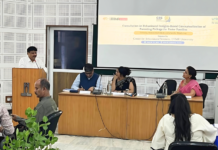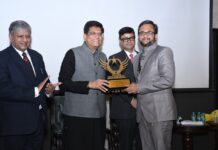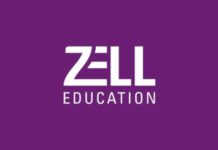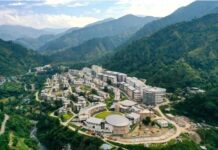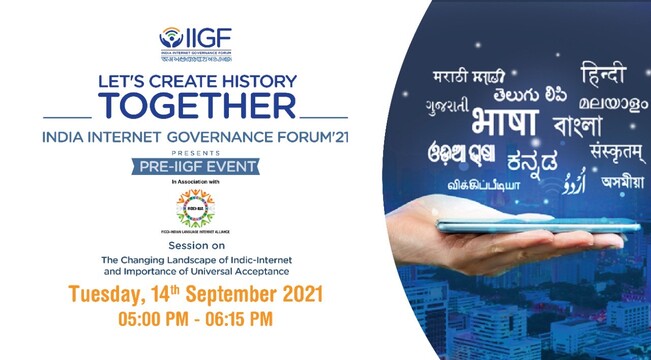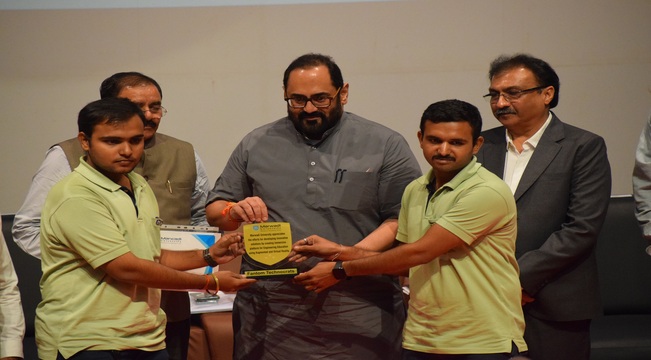Niru Agarwal, Trustee, Greenwood High International School, Bangalore
In the dynamic world of education, change is inevitable, and the year 2023 witnessed a monumental shift in India’s educational landscape with the introduction of the New Education Policy (NEP) The changes introduced by the policy are a holistic transformation aimed at creating a learning environment that is responsive to the needs of the 21st century. As students, teachers, and educational institutions adapt to these changes, the hope is that the future of Indian education will be marked by innovation, inclusivity, and a commitment to prepare students for the challenges and opportunities that lie ahead.
The year 2024 will see further implementation of the new approach that shifts focus from rote memorization to holistic assessment. Students are evaluated not only on their ability to recall information but also on their critical thinking and problem-solving skills. This change aims to foster a deeper understanding of subjects and discourage superficial learning. Education technology has also been a driving force, gradually transcending geographical and financial constraints, delivering quality education to students in various cities, including tier 2 cities as well as remote locations. The year 2023 stands as a testament to the profound integration of cutting-edge technologies into education, focusing on personalized and immersive learning experiences. Traditional classrooms were evolving into adaptable, technology-rich spaces aimed at fostering interactive and collaborative learning. Hence, the quality of education is expected to grow manifold.
The education landscape is undergoing a dynamic transformation, propelled by the relentless advancement of technology. This integration presents a unique opportunity to elevate the learning process, making it more engaging, personalised, and ultimately, more effective. By integrating new technologies from the ground up, we can avoid the need to catch up later and instead adopt a more grassroots approach.



